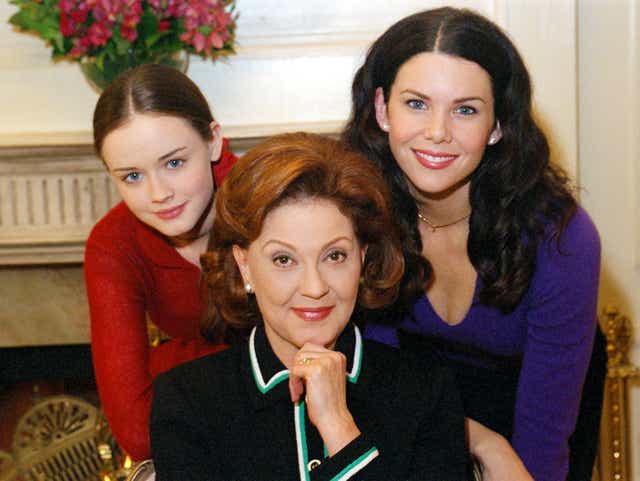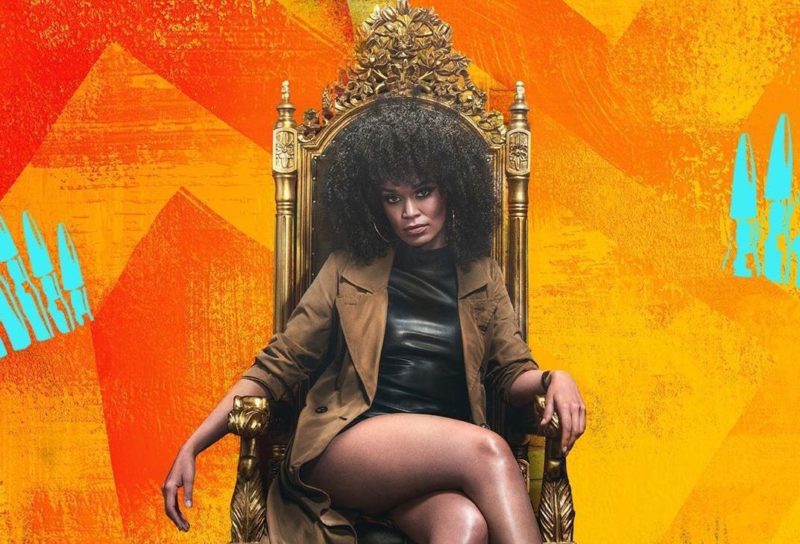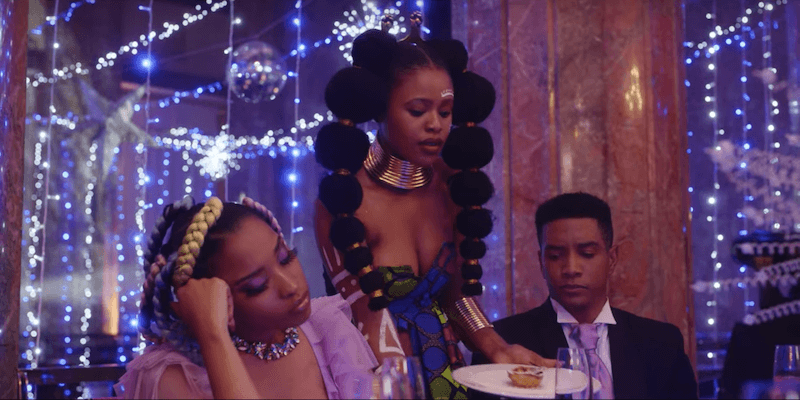If you’ve ever had a conversation with Yetunde and I about content, then there’s a 99.9% chance ‘Gilmore Girls’ came up.
I am Lorelai, Lorelai is I. But somehow she has been able to overcome her parental trauma in order to have a thriving life. In order to be proud of herself. To enjoy true emotional intimacy with her daughter.
There are very few shows which open my heart chakra like ‘Gilmore Girls’ does. ‘Queen Sugar’ is the only neck-and-neck.
I’m watching the episode right now in which Richard, Lorelai’s father goes to the hospital. Season 1, Episode 10.
Her mother is screaming at the hospital staff about how her uncle built the hospital and Lorelai comes in sweet and cheery. She convinces the Nurse to do exactly what Emily—Lorelai’s mother—has been trying to get the Nurse to do all along: to find out what is happening with Richard.
You know I can’t help but think about the British monarchy when I think about the Gilmore family. The way the monarchy’s been able to export their colonial ways of being across the planet so swiftly and so powerfully.
Emily and Richard are just as upper-class Hartford as they are British “nobility” as they are African parents. It’s mind-blowing for me to feel like I’m watching my parents while immersed in a story about a rich white girl who ran away from home when she had a baby at 16.
The family she’s been able to build in her faraway town of Fantasyland characters is as African as any village you can name. Everyone has their own unique identity. Everyone—for the most part—takes care of each other. There are rituals and customs and rules and you must abide by them if you are to remain in the Village.
They all help look after Lorelai’s daughter, who is the crown jewel of the town—and the show—as though she were their own child.
It’s amazing to me how Gilmore Girls can traverse a plane of identity variations and speak to every single type of American—almost—and speak to so many African characters. I watch it every chance I get. Every time I want a pick-me-up and a hug. And when I want to be in great company.
I invite you to watch it with me on Friday, May 12, in anticipation of our Mother’s Day Brunch on May 13. This show also is profound medicine for the Colonial Mother Wound, which I’ll talk more about in a future post.
Sending much love.
Join the newsletter community to stay updated and get the link to join.
Become an Ubuntu-Agile™ Client
Watch Black Genius: Sheryl L. Carter // Convener of the Yale Black Alumni Association




















